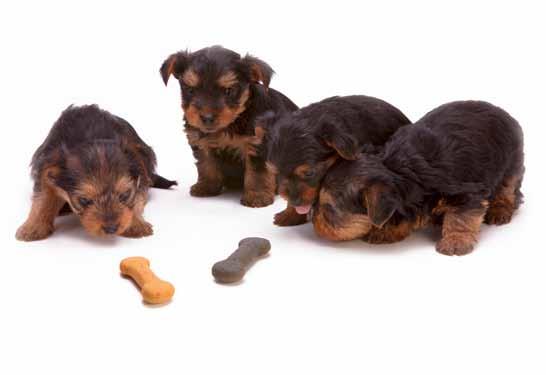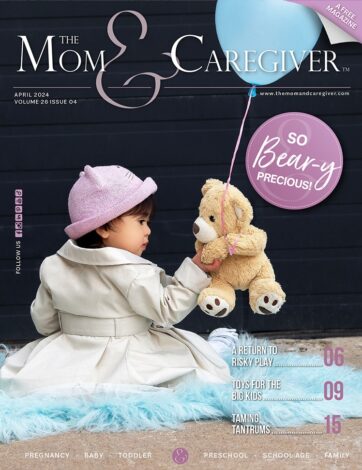Pet Friendly: Pet Poisons: The Spookiest Part of Halloween
Whether an athlete, superhero, or pumpkin, the best part of autumn is seeing our furry friends dressed up in pet costumes! Pet owners know their dogs and cats are members of their families, so it only make sense to also include them in our fall activities, such as trick-or-treating. While autumn brings many opportunities to celebrate with our furry family members, there are also dangers that arise at this time of year.
The biggest risk surrounding Halloween is chocolate ingestion. Chocolate is toxic because neither dogs nor cats can metabolize the chemicals or caffeine in its ingredients. Dark chocolate is most potent, but even a small amount of any chocolate can quickly cause illness. Dogs, in particular, seem to love sweet treats and would happily enjoy your child’s Halloween haul. Children who aren’t aware of the risk may unknowingly leave candy and wrappers in accessible areas, or may even feel generous enough to share!
However, chocolate isn’t the only pet poison common in the fall; many dangerous foods can also be found at the Thanksgiving table. Your dog or cat may be eager to get a helping of leftovers, but common ingredients like onions, garlic, and raisins have toxic effects, while dairy products and fatty foods do not agree with their tummies (often leading to “explosive” consequences!). Bones and corn cobs are the biggest dangers. These items are often given as chew toys but often lead to foreign body surgeries. This happens when a piece of the item breaks off, is ingested, and becomes stuck inside the digestive tract. No yummy treat is worth that amount of damage!
Year round, there are other common culprits of toxicity in pets. The ingestion of human drugs (including, frequently, marijuana) or improper administration of veterinary medication can have a wide range of symptoms and can be particularly dangerous. If your pet ingests anything risky, seek veterinary advice immediately before the item has a chance to digest.
Storing these items properly and getting the whole family involved are the best ways to reduce risk. With everyone’s help, your furry family member can still come trick-or-treating door-to-door, but the veterinarian will be one stop you won’t have to make!
Dr. I. Wonder is here to answer your questions regarding your furry family members. If you have a question, email it to us at danielle@NeighbourhoodPetClinic.com. Our team at Neighbourhood Pet Clinic will tap into their collective experience to answer your various questions.














